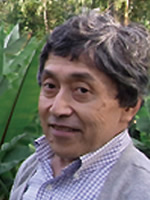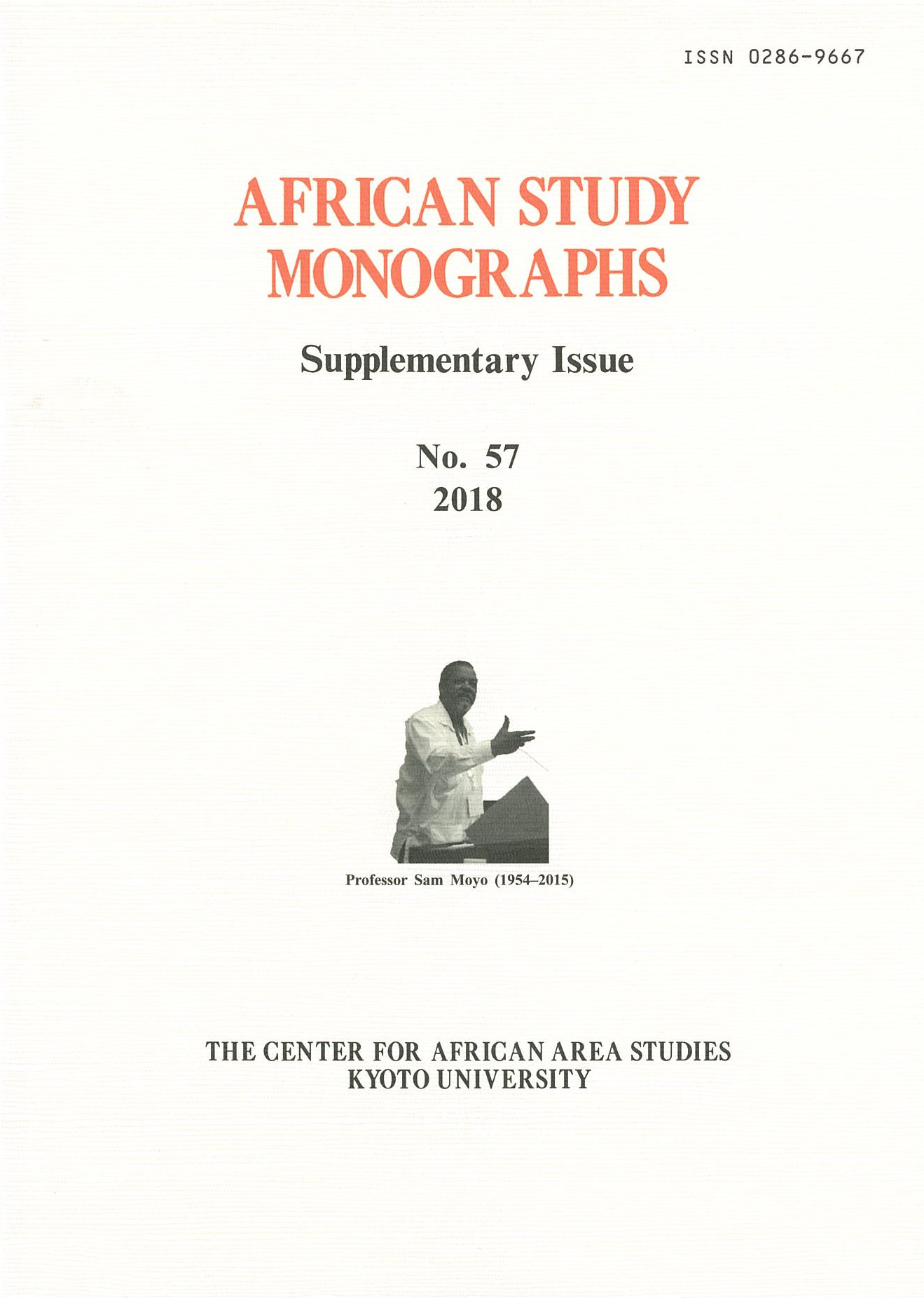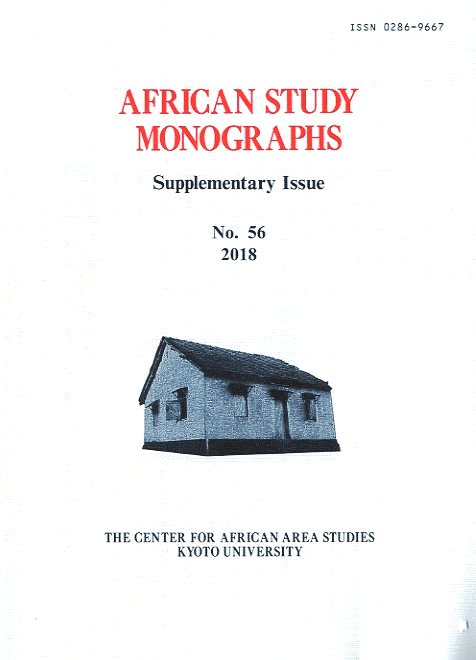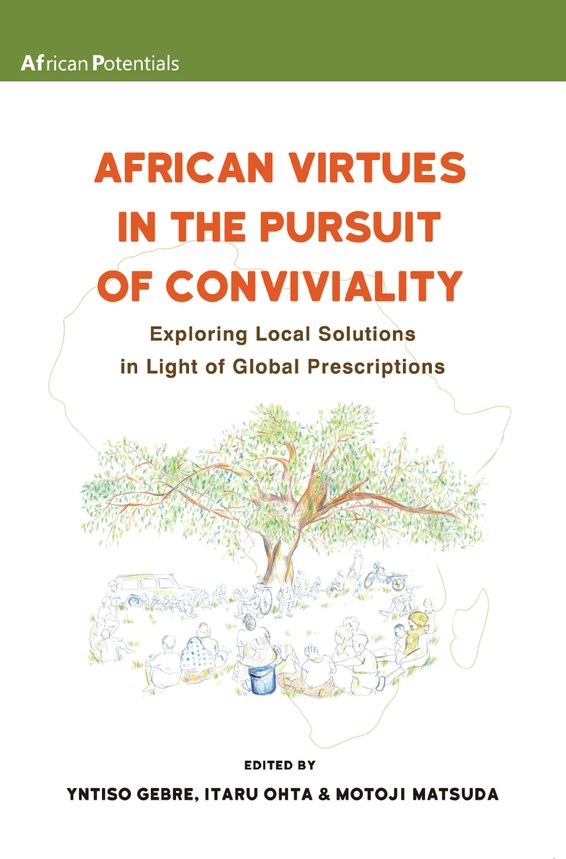 |
Faculty of Economics, Chiba Keizai University |
|---|---|
| Research Fields | By drawing on case examples from the canning industry in Western Cape, South Africa, I have made historical observations on the development process of the country’s manufacturing industry in pre-World War II. My research interest is to clarify how female seasonal workers from rural areas obtained their skills required for the manufacturing industry. In this research project, I have set a question—Why did the manufacturing industry, which centralized female labor, form in an area with an extremely small female population?—and have been analyzing it from the two perspectives of farms and the manufacturing industry. |
| Main Works |
|
Atsuko Munemura
Nobuko Yoneda
 |
Graduate School of Language and Culture, Osaka University |
|---|---|
| Research Fields | Linguistics I have engaged in descriptive research on the language group called ‘Bantu’ spread across sub-equatorial Africa. My focused subject languages are Matengo and Swahili spoken in Tanzania, and Herero spoken in Namibia. I also have conducted social linguistics research, including language situation and language policy. |
| Main Works |
|
Taku Iida
 |
National Institutes for the Humanities National Museum of Ethnology |
|---|---|
| Research Fields | I have been researching livelihoods dependent primarily on fishing, mainly in Madagascar, an island off the coast of Africa. A number of actors, including national governments, international organizations and NGOs, who have recently begun activities in rural areas, have been promoting sustainable fishing practices among local fishermen in various ways. On the other hand, the fishermen continuously strive to utilize new fishing methods in order to maintain their income. While diversification of the species that are targeted means that the pressure on specific fish species has not seemed to increase, the growing population is likely to engender a continued decline in resources. We need to seek solutions consistently in the same manner as we do for climate change. |
|
Yuichiro Fujioka
 |
Graduate School of Integrated Sciences for Global Society, Kyushu University |
|---|---|
| Reserch Fields | I conduct my research on relationships between human beings and plants in farming communities in semi-arid regions in countries such as Namibia and South Africa. I am pursuing studies on the background of how the characteristic vegetation was developed and its meaning to the livelihood and sustenance of the local residents as well as changes in use of trees caused by commercialization of the fruits, with a focus on agro-forests, the bushes in farming land. |
| Main Works |
|
Masaya Hara
| Graduate School of Human Development and Environment, Kobe University | |
| Research Fields | I have conducted research in rural Zambia and study on migration and livelihood. I have focused on the differences of livelihood and land use between ethnic groups, and on social ties which create among ethnic groups. I am interested in immigration situations of immigrants and the past and future changes of multi-ethnic communities. |
|
Masayoshi Shigeta
 |
The Center for African Area Studies, Kyoto University |
|---|---|
| Research Fields | |
|
Katsuhiko Shiota
| Research Fields | |
|---|---|
|
Juichi Itani
 |
Graduate School of Asian and African Area Studies, Kyoto University |
|---|---|
| Research Fields | |
|
Junko Motogi
 |
Hosei University |
|---|---|
| Research Fields | Contemporary African Literature. Special focus on women writers of French Literature, Mariama Ba, Calixthe Beyala, Scholastique Mukasonga and Léonora Miano. |
| Main Works |
|
Yoko Nagahara
 |
Research Institute of Languages and Cultures of Asia and Africa, Tokyo University of Foreign Studies |
|---|---|
| Research Fields | History of Southern Africa, Comparative Colonial History |
| Main Works |
|



